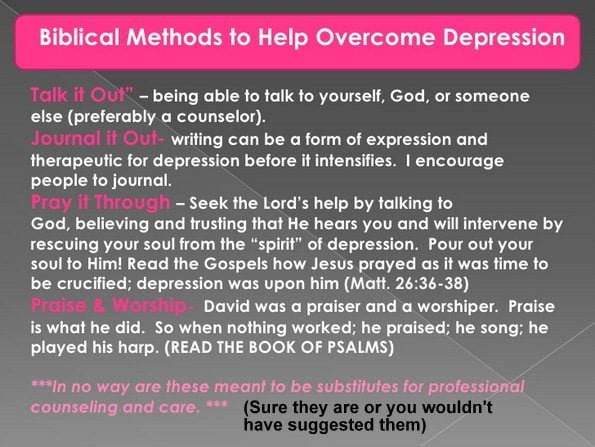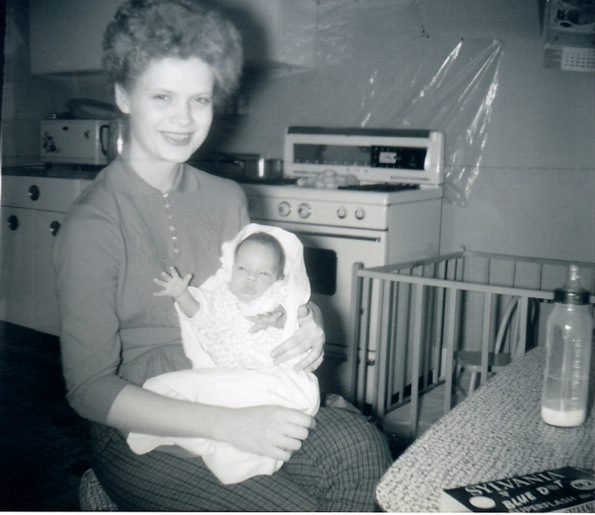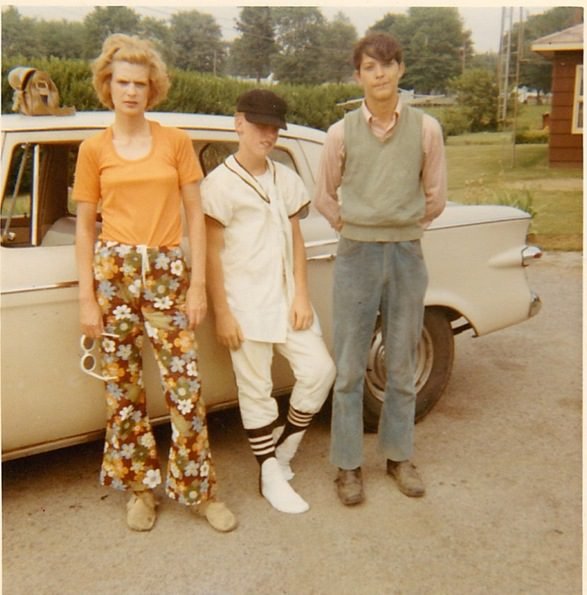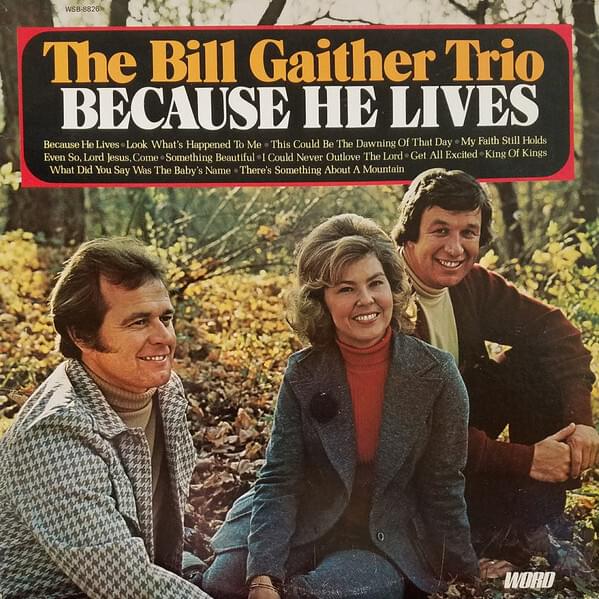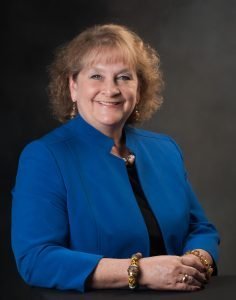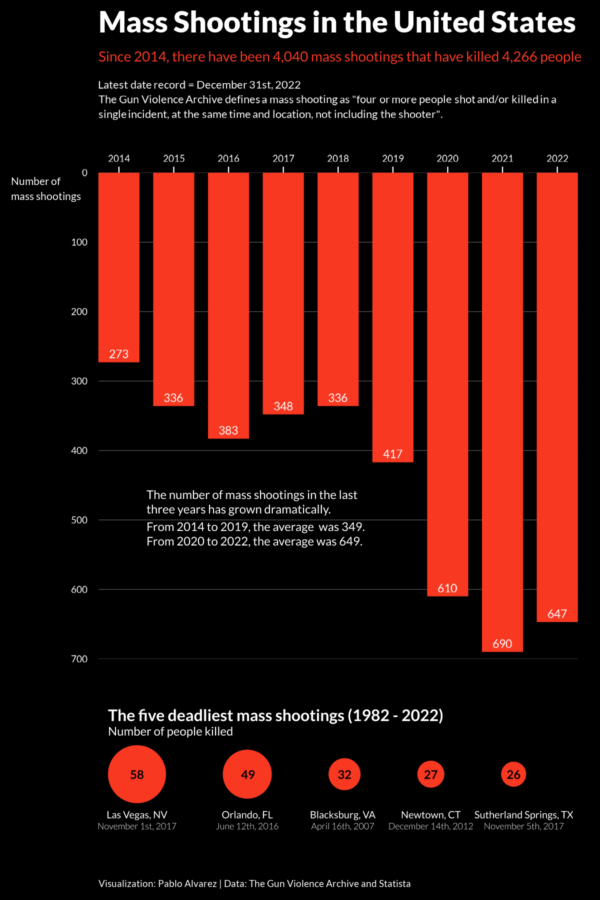
The latest school massacre took place yesterday in Lansing, Michigan — ninety miles from our home. This was the sixty-seventh mass shooting in the United States since January 1, 2023. A man opened fire at Michigan State University, killing three students and critically wounding five others. I wept as I watched news coverage of the massacre, but my sorrow quickly turned to anger. I knew that before the sun rose on a new day, several things would happen:
- Democrats will call for stricter gun control laws.
- Republicans will say now is not the time to talk about stricter gun control laws.
- Tough-on-crime politicians will call for increased police funding and stricter school security measures
- The NRA will decry the shooting, but reject any and all calls for gun control reform.
- Gun-toting Evangelical Christians will flood social media with “thoughts and prayers” comments.
What do we know about school shootings? Is there a pattern or some sort of common denominator? You bet there is. Let me list a few of them:
- The shooters are overwhelmingly young, white male students. Many of them come from dysfunctional homes.
- Many of the shooters have mental health problems, often untreated.
- The shooters were either bullied or viewed as social outcasts, not fitting into the cliques that dominate school life.
- The shooters used the Internet to access materials that helped them plan the shootings.
- The shooters used the Internet to research past shootings, often finding inspiration from the carnage perpetrated by other shooters.
- The weapon of choice is the AR-15 or similar types of fast-firing, high-capacity firearms.
- Most shooters used large-capacity clips for their weapons of choice.
- Most shooters had large amounts of ammunition on hand.
Now, after reading this list, is there anything that our government leaders can do to put an end to the violence? Yes, there is, but unfortunately, thanks to the NRA and a number of congressional Republicans, what should be done will be ignored. These cowards will, instead, call for armed school guards and extensive school security. Some of these NRA-fearing men and women will even call for the arming of school teachers and custodial staff. After all, what better way to put an end to school shootings than add more guns to the equation, right? What could possibly go wrong?
The NRA — a Chihuahua-sized group with a Rottweiler bark — and its lackeys will remind Americans that the Second Amendment is sacrosanct, suggesting that gun ownership without restriction is a sacred right that must never, ever be infringed upon. Democrats will point at Republicans, blaming them for doing nothing about school gun violence. They will rightly point out that a Republican-controlled Congress passed legislation that made it easier for people with mental illness to purchase firearms. What these self-righteous liberals forget is that Democrat Barack Obama inhabited 1600 Pennsylvania Avenue for eight years, and in his time there nothing was done to meaningfully combat school shootings. So, please stop with the political finger-pointing. Both parties are neck-deep in the blood of school children, and they should be ashamed of themselves for their paralytic inaction.
I grew up in a home where shooting firearms were very much a part of life. My dad was a police reservist, and my brother was the Marshal of Tombstone, Arizona, for many years, and also a detective. I started shooting guns and hunting while I was still in elementary school. I bought my first gun — a bolt-action Mossburg .410 with a modified choke — at the age of twelve. I, at one time, owned numerous shotguns, high-powered rifles, and a smattering of handguns. When I was a young man, my dad owned a gun store in Sierra Vista, Arizona. I worked in the store from time to time, and on weekends I would accompany my dad as he set up tables at area gun shows. Dad’s store gave me access to a plethora of firearms to shoot, everything from a .458 Winchester Magnum to a .22K Hornet. I enjoyed hunting and target shooting with my dad, one of the few things we did together.
I wrote the above so that unaware readers would know that I am not some Commie liberal out to take away everyone’s gun. I do not currently own any firearms. That said, I don’t look down my nose at people who own guns, nor do I think they are to blame for school shootings. Solving gun violence in schools requires political courage and moral certitude. It requires our rulers to act in the best interest of the people, and not the interests of the NRA, Winchester, Remington, Smith and Wesson, or Glock.
So what can be done?
First, universal background checks must be strictly enforced, and connected to a nationwide database. Gun purchasers should be screened for prior convictions of violent crimes, especially domestic violence. Gun purchasers should be screened for mental health issues. Mental health providers should be required to flag patients with mental health issues that make them a danger to themselves or others. The U.S. military and the VA should be required to flag all soldiers who are being treated for PTSD or other mental disorders that make them a danger to themselves or others.
Second, all guns should be licensed. All new purchases should have a seven- to fourteen-day waiting period, allowing sufficient time for background checks to be performed. A database of those who purchased and those who own guns should be available to law enforcement.
Third, all open-carry and concealed-weapon laws should be repealed, putting an end to the Wild West mentality in many states and communities. Only law enforcement should be permitted to carry firearms in public.
Fourth, the manner in which the government and insurance companies handle mental health treatment must be changed in ways that make it possible for people to get prompt, ongoing, and comprehensive care.
Fifth, school leaders must address the ongoing bullying crisis in public schools. Teachers must be taught to be aware of bullying and to take steps to stop it when they see it happening. While I suspect it is impossible to put an end to cliques, schools must do a better job of fostering inclusiveness. Perhaps it is time to put an end to the jocks-rule mentality that dominates most schools.
Sixth, semi-automatic firearms such as the AR-15 should be immediately banned. Any firearm capable of firing large-volume bursts should be banned. There is no legitimate reason for anyone to own military-style firearms.
Seventh, large (high) capacity magazines and clips should be immediately banned. There is no legitimate need for owning guns with large-capacity magazines, nor is there any reason for owning clips holding dozens of rounds of ammunition. It also goes without saying that bump stocks such as the ones used in the Las Vegas massacre should be outlawed.
Eighth, politicians should be banned from taking financial or in-kind donations from the NRA and the gun lobby. The NRA, along with the Ted Nugents of the world, are part of the problem. These promoters of the means of violence should not be given larger-than-life influence over the political process. (As my editor mentioned to me, this would surely not pass constitutional challenge. Fine. Let’s reverse the effects of Citizens United. Let’s make public the names of ALL campaign donors. Let’s ban corporate donations, soft money, and the other endless ways politicians hide who and where donations are coming from. In fact, let’s federally fund elections and limit campaigning as Great Britain does to a short time before time election day. In other words, GET THE FUCKING MONEY OUT OF POLITICS!)
If the United States wants to reduce gun violence in general and school shootings in particular, it must look at how countries such as Great Britain and Australia have crafted their gun control laws and act accordingly. Tinkering at the edges, making meaningless, superficial changes to gun laws is not the answer. The rest of the Western world looks at the United States and thinks that the Yanks have gone bonkers. Can they not see what must be done to put an end to gun violence in their schools? Those of us who don’t suck at the teat of the NRA know what must be done. It is up to us to force our political leaders to stop the blood flowing in the hallways of our schools. If our elected officials won’t act, then it is time for us to get men and women who will. Doing nothing or next to nothing is not the answer.
Today is the fifth anniversary of the Parkland School massacre.
Bruce Gerencser, 66, lives in rural Northwest Ohio with his wife of 45 years. He and his wife have six grown children and thirteen grandchildren. Bruce pastored Evangelical churches for twenty-five years in Ohio, Texas, and Michigan. Bruce left the ministry in 2005, and in 2008 he left Christianity. Bruce is now a humanist and an atheist.
Connect with me on social media:
Your comments are welcome and appreciated. All first-time comments are moderated. Please read the commenting rules before commenting.
You can email Bruce via the Contact Form.



